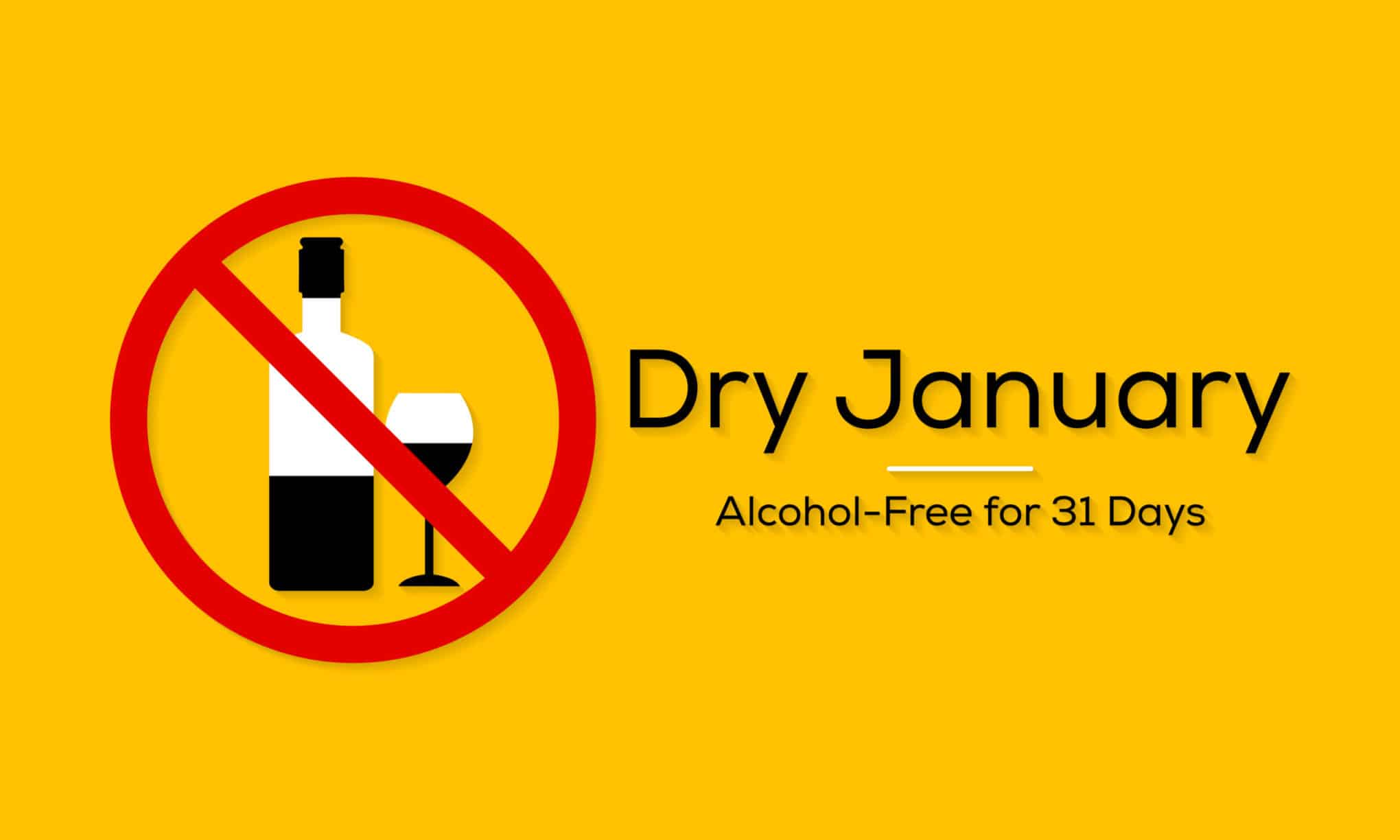In common society, alcohol has become a major part of our celebrations.
It is the cultural norm for alcohol to be served during holidays, parties, special events, brunches, lunches, sit-down dinners and even plain old homeset ones.
However, during the holidays, a significant increase in alcohol consumption could take its toll. Even the Internet jokes, “I’m happy that the holidays are finally over, I feel like I’ve been drunk since Halloween,” says one popular meme.
Drinking alcohol, no matter how exalting it may be, also comes with many negatives, such as the risk of cancer, heart damage and especially liver-related illnesses, to name a few. It has been previously said that a few light drinks a week may have health benefits. But, we now know that is not true. In fact, a few drinks a week can do quite the opposite, and shave years off our lives.
In an effort to battle these many risks, “Dry January” was established. In response, the public has shown a growing interest in resolution-based sobriety. Starting as a campaign in 2013, Dry January started to improve the health of U.K. residents, but has also encouraged people to start changing the conversation when it comes to alcohol consumption. Slowly but surely, the United States adopted this new trend.
Psychologically, participating in Dry January may be beneficial for you. Do you think that you are able to go a few days, a week, two weeks, or even a whole month without alcohol?
If not, why is that? Whether it be a predilection to addictive tendencies, or purely a compulsive need to fit in and feel accepted, taking a step away from drinking invites self-diagnosis soon thereafter.
Partaking in alcohol abstaining paints a clear-headed picture for us as to why we personally choose to drink in the first place— and whether we want to continue, but perhaps in moderation, when the calendar turns over to February.
If you are fortunate enough to have the willpower to stay sober for the entire month, it can only benefit your health. Hence the success of the official campaign, as it’s still going strong a decade later. Most people who have participated have been vocal about the positive effects.
Thirty-one days of clean living can also produce profound, instant results, such as significant weight loss, a better night’s sleep, a reduction in liver fat, lower blood sugars, improved energy and mood, and decreased growth factors (re: cancer, blood pressure, etcetera).
Addiction can creep up on us if we don’t do something about it. You don’t wake up an addict one day— it can creep up on us if we let it.
Slow progressions can eventually turn into cruel circumstances. But those circumstances don’t have to be irreversible. So, make the healthiest choice you can, and take a break. And, more importantly, give yourselves a break if it’s hard to commit at first because at the end of the day, we are all human.
Even if you don’t suspect you may be an over-indulger, test out the campaign and you may learn some things you had been putting off confronting— and wind up making adjustments that will only help you over the long haul.
You may not have known you needed to make a change until you gave it a try. So, stay dry this January. And good luck to those who are halfway through the challenge. Our hats off here at The Messenger to those who make it to February and elect to keep on going.
It’s never too late to turn the car around.







